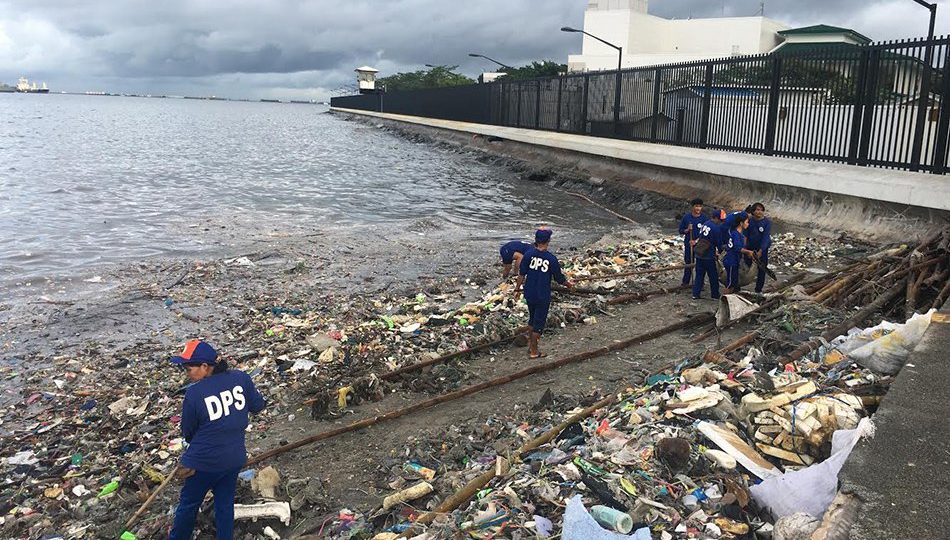Inadequate waste management and lack of discipline have always been blamed for the Philippines’ garbage problem, but based on a new study released by a non-profit organization, it’s the unabated use of single-use plastic that is causing this issue.
Environmental group Global Alliance for Incinerator Alternatives (GAIA) yesterday released a study which showed that Filipinos dispose non-biodegradable materials by the millions each day.
The group learned that every day, Filipinos dispose three million diapers and 163 million sachets. These findings were based on the group’s three-year audit conducted in cooperation with Mother Earth Foundation, another non-profit organization.
In a phone interview with Coconuts, Froilan Grate, GAIA’s executive director, said the audit was conducted in communities located in seven towns and six cities which included Malabon, Navotas, Quezon City, Tacloban, and the town of San Fernando in Pampanga.
Their findings also showed that each Filipino uses 591 pieces of sachets and 337 plastic bags each year. 48 million shopping bags (those plastics with handles) are used in the Philippines every day. Meanwhile, the country uses 45.2 million plastic translucent bags (those without handles) each day.
Says Grate, “The Philippines has been blamed as one of the world’s biggest source of marine pollutants, due to the lack of adequate waste management. But based on our study, some towns such as San Fernando can adequately manage their garbage but the problem is 20 to 30 percent of their garbage are made of plastic, which is non-recyclable.”
READ: It’s a Small World: Living sustainably in the Philippines’ sachet economy
The group study also showed that despite various zero waste initiatives such as segregation, composting and recycling, a significant amount of garbage still remains because they were made of plastic. That’s why GAIA recommended that the Philippine government implement a ban on plastic bags on a nationwide scale and promote the use of reusable bags. They also recommended that the government should encourage companies to redesign their packaging and come up with an alternative to disposable diapers.
At present, several towns and cities in the Philippines regulate the use of or have even banned plastic bags, such as Bacolod and Los Baños in Laguna.
The country’s plastic problem has become so huge that according to a 2017 Greenpeace study, the Philippines is the world’s third biggest source of plastic ocean pollution.
The organization said this is due to the Philippines’ sachet economy, where many products are sold in small packets because they’re the only ones that the average Filipino consumer can afford.




